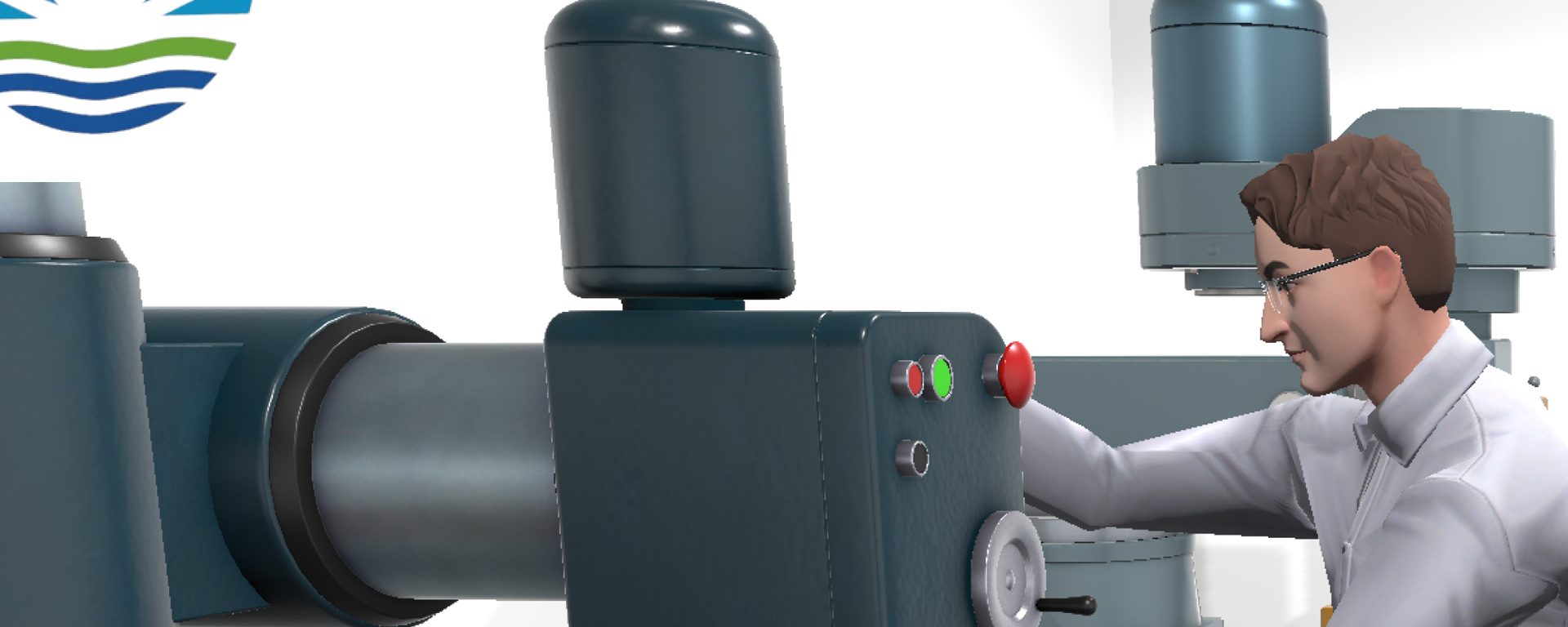by Mariellen Rich
By now, most people have heard of the Metaverse, a term that refers to an immersive virtual reality environment. But recently, a new portmanteau is gaining traction: welcome to the Metaversity.
Since the COVID-19 pandemic, it has become relatively common for colleges to invite prospective students to take virtual online tours instead of traveling to physical locations, chat with administrative avatars instead of meeting one-on-one with admissions counselors, and experience an approximation of campus life. Now, some institutions of higher learning are taking things a step further, introducing “digital twin” replicas of their physical facilities and requiring students to have virtual reality headsets to wear during synchronous courses.
Proponents say that launching a Metaversity will enable institutions to educate billions around the world at a fraction of the usual cost. But what about the social component of being a college student—the late night study sessions over pizza or the serendipitous meeting in the quad? What if existing issues of accessibility and affordability are made worse: with some students now unable to afford even basic textbooks, what happens when pricey tech equipment is called for?
Dr. Salvatore Menzo, the superintendent of the Connecticut-based Goodwin University Magnet School System, understands the desire to be considered a pioneer. After all, no one wants to be like those naysayers in the 1990s who dismissed the World Wide Web as a mere fad. But with thousands of students counting on him—not to mention a large and engaged community of parents, educators, and others—he needs to be prudent when planning the Goodwin system’s next moves.
“We have to consider how we can best use technology to achieve our mission and encourage students to learn and grow,” he asserts. “How can it help our educators collaborate and innovate? Will it serve all members of our community no matter what their strengths and weaknesses? Does it meet a real need, rather than just a perceived need?”
Menzo also realizes that in answering those hard questions, it pays to have a trusted tech partner. That’s why he reached out to ARSOME, a company with deep roots in Connecticut and a firm knowledge of the EdTech landscape. “With ARSOME’s help, we’re currently adding augmented and virtual reality elements to our music, art, and computer science curricula,” he says. “ARSOME’s technologists adhere to the tenets of Design Thinking, which keeps the end user foremost in mind, and they understand that safety and privacy are foundational when working with students.”
Menzo is also now convening an advisory team of parents, administrators, teachers, and students who will explore the future direction of Metaverse efforts there. “We are taking things methodically and know that we are in good hands with ARSOME,” he says. “We’re ready to build what our community wants and needs.”
Might that one day include a digital twin of the sprawling, well-equipped campus in Connecticut? ARSOME co-founder and CIO David Oyanadel has a ready answer: “It won’t be an exact twin,” he predicts. “It will be something even better!”
To learn more about the magnet schools at Goodwin University, visit www.goodwin.edu/magnet-schools
Goodwin University is a nonprofit institution of higher education and is accredited by the New England Commission of Higher Education (NECHE), formerly known as the New England Association of Schools and Colleges (NEASC). Goodwin University was founded in 1999, with the goal of serving a diverse student population with career-focused degree programs that lead to strong employment outcomes.

